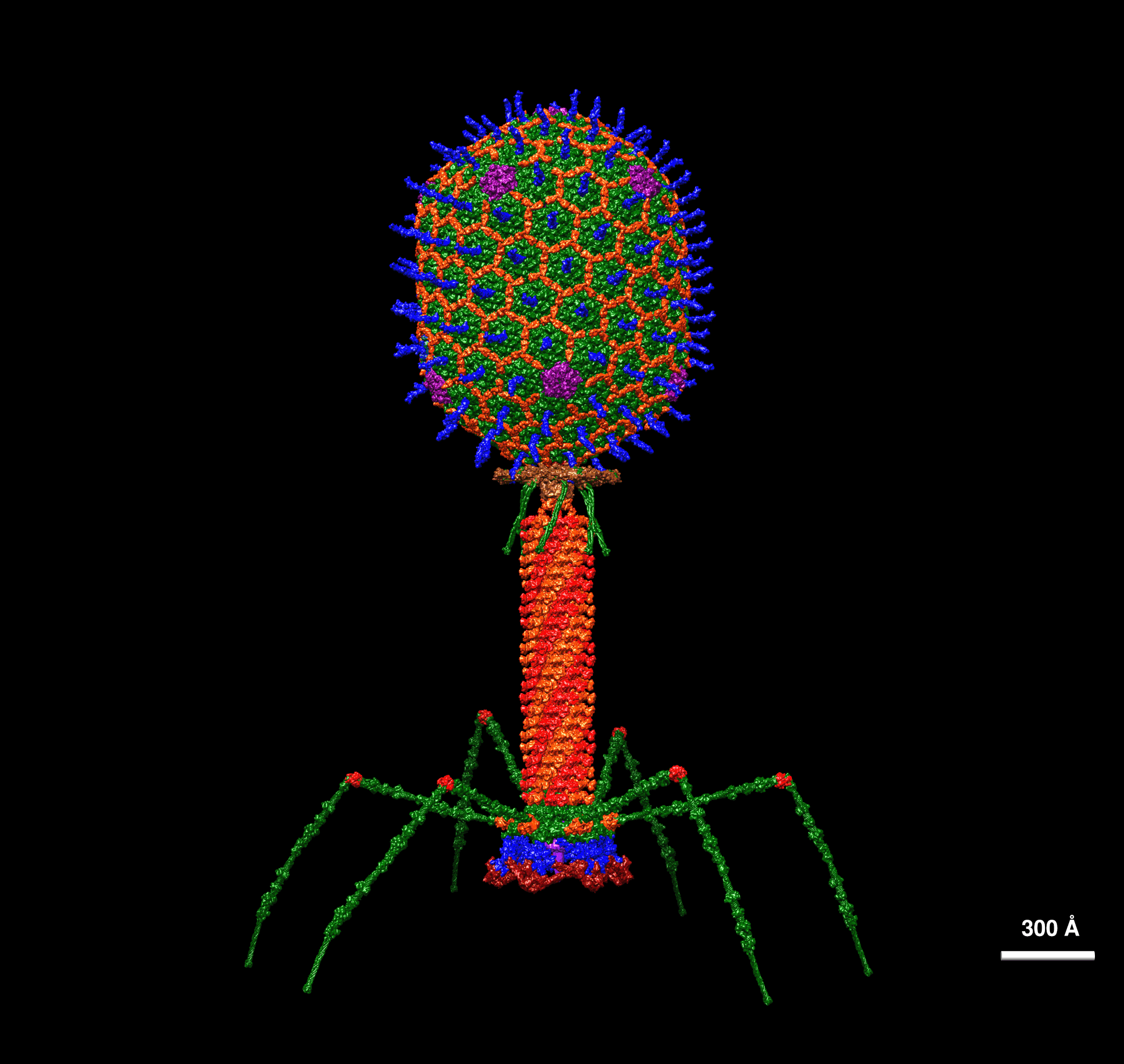UK lagging behind in the race against antibiotic resistance
By Ivan Paul

An inquiry into how bacteriophages, viruses that target bacteria, could help fight antibiotic-resistant bacterial infections has begun in the House of Commons.
The inquiry, led by the Science and Technology Select Committee, had its first oral evidence session on 8 February. The MPs making up the committee heard from leading scientists in the bacteriophage research field, as well as clinicians specialising in bacteriophage trials and representatives from medical companies that make products containing bacteriophages.
What are bacteriophages?
Bacteriophages, or phages for short, are a class of virus that targets bacteria. Phages target specific strains of bacteria and inject their DNA into the bacterial host. The host’s normal function is then disrupted, and the bacteria instead start to produce more phages, eventually killing the bacterial host.
Although phages are perhaps lesser known than other microorganisms – such as viruses, fungi, and bacteria – they are one of the most populous and diverse entities on the planet. They are found everywhere that bacteria are, including under the sea and in our gut microbiome.

Why are phages being discussed by politicians?
Phages could be a crucial tool to fight bacterial infection in humans. As antibiotic resistance rises, and the discovery of new antibiotics slows, it is clear that they are no longer sufficient treatments for bacterial infections. Phages have a number of properties that make them excellent alternatives.
Firstly, they only target specific strains of bacteria. This means that rather than taking a ‘sledgehammer’ approach, doctors could selectively remove only the unwanted bacteria, leaving others untouched. In comparison, antibiotics kill healthy gut bacteria during normal use.
Secondly, even though the idea of administering a virus to a patient that’s sick might sound counter-intuitive, phages do not infect humans.
Thirdly, as previously mentioned, when phages infect bacteria they force their host to produce more phages. This self-replication means that as a phage engages with an infection, the antimicrobial effect gets stronger over time. This is in contrast to antibiotics, the effects of which decrease with time as the bacterial infection begins to break down the antibiotic.
These positives mean that phage therapy – the use of phases in medical treatment – could be an incredibly fruitful avenue for medicine. In fact, there are already being successfully used in compassionate cases, where all other options for a patient have been exhausted, in addition to a successful clinical trial in 2009.
What is holding phage therapy back in the UK?
The difficulties in clinical phage research and use mostly come from regulations concerning how the phages are manufactured.
If the phages used are produced by the UK, they have to be made in accordance with Good Manufacturing Practice (GMP). GMP stipulates that every step and material in the manufacturing process must be closely monitored and controlled.
Although this ensures a consistently high standard of product, it makes the process much longer and more expensive.
Currently, the GMP phage production capacity of the UK is extremely low. Whilst there are organisations appearing to meet GMP standards and the need for quick turnarounds, such as UK Phage Therapy, we are still lagging behind in comparison to other countries that are manufacturing and testing phages.
It is possible to import phages made abroad which do not need to be GMP compliant. But the process is long and expensive, as larger companies that would offer these services tend to deliver a near-GMP product anyway.
If a patient has a severe antibiotic-resistant bacterial infection that could be phage-treated, it is crucial that the necessary phage is produced as soon as possible. Importing phages as described puts the whole process on a timescale which is simply too long for patients to benefit from phage therapy.
A relaxation of regulations around phage manufacture, or more investment in GMP-compliant manufacturing facilities, could help increase the UK’s capacity to produce phages.
What’s next for phage therapy?
Scientists have shown that phages are safe. Clinical trials in a number of different countries have also shown that phage therapy is effective, especially when antibiotic resistance rears its head.
As antibiotic resistance becomes a bigger and bigger issue for humankind, phages may be one of the solutions. The regulations and legislation surrounding phage production and use in the UK needs to be updated in the context of modern phage research. Especially if we are to continue conducting clinical trials and making the most of this promising technology.
Before making its conclusions, the committee will also hear from The Medicines and Healthcare products Regulatory Agency (MHRA), the agency responsible for phage regulation.
The evidence session on 8 February heard from Professors Martha Clokie, Cath Rees, Joanne M. Santini, Drs. James Soothill, Josh Jones, Ms Stephanie Lesange, and Mr David Browning.
Details of the inquiry, including a recording of the session and transcript, can be found here.







